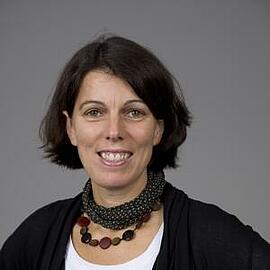Policy paper on the EU experience on clean energy affordability for households
More information about the project
Status of project
End of project: 2022
Project manager
Project staff
Funded by
Gesellschaft für Internationale Zusammenarbeit GmbH (GIZ)
Project partners
The University of Melbourne






